NIGERIA NEWS
Presidency Responds to New York Times: Tinubu Inherited a Dead Economy
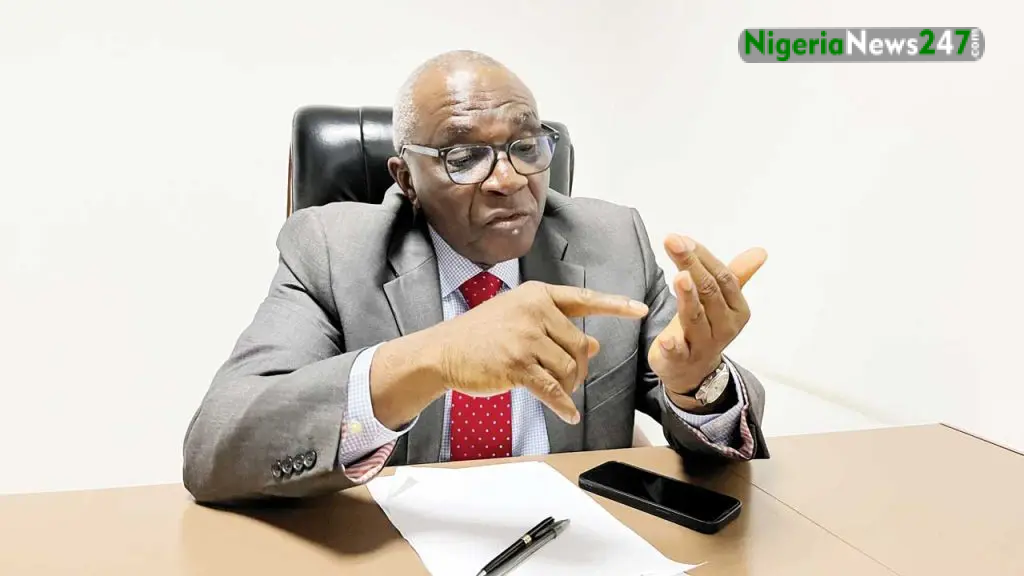
The Presidency has responded to a New York Times article criticizing the Nigerian economy as facing its worst trajectory in a generation.
In a statement on Sunday, Special Adviser to the President on Information and Strategy, Bayo Onanuga, addressed the report by Ruth Maclean and Ismail Auwal. He claimed the article reflected a typical, predetermined, derogatory portrayal of African countries by foreign media.
Onanuga asserted that the report unfairly blamed the current economic challenges on President Bola Tinubu’s administration, which took office in late May 2023. He emphasized that the economic problems were inherited from previous administrations, citing a “dead economy” that required urgent intervention to avoid collapse, as seen in Zimbabwe and Venezuela.
To address the economic issues, Onanuga outlined the government’s policy measures, including ending the fuel subsidy regime and unifying multiple exchange rates. He noted that the fuel subsidy had cost the country $84.39 billion between 2005 and 2022, while the state oil firm, NNPCL, accumulated trillions of Naira in debts due to unsustainable subsidy payments.
Onanuga highlighted the dire financial situation Tinubu inherited, with 97% of the national budget revenue allocated to debt servicing and little left for other expenditures. He also pointed out the massive borrowing by the previous government and the subsidization of the exchange rate, which led to financial instability and discouraged foreign investments.
Tinubu’s administration quickly rolled back the subsidy regime and floated the naira to address these issues. Onanuga reported that after an initial period of instability, the exchange rate was stabilizing, and the economy showed signs of improvement, including a trade surplus and renewed investor confidence.
He also detailed government efforts to combat inflation, particularly food inflation, through increased agricultural production and various incentives for farmers. Onanuga argued that these measures would soon tame inflation and improve the economic situation.
Onanuga concluded by noting that the cost-of-living crisis is not unique to Nigeria, pointing to similar challenges in the USA and Europe. He expressed confidence that Nigeria would overcome its current economic difficulties, just as it had in the past.



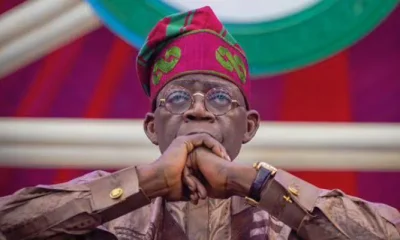

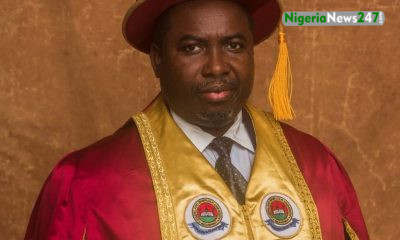



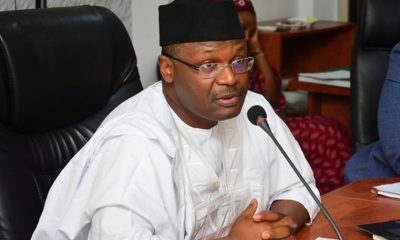

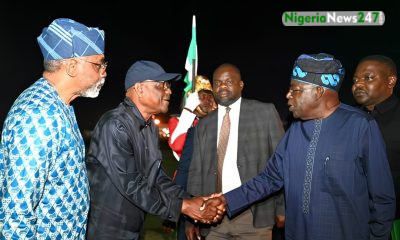








You must be logged in to post a comment Login